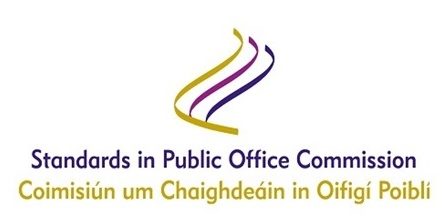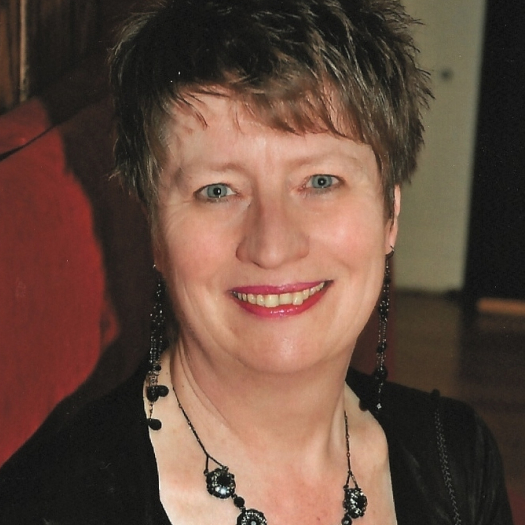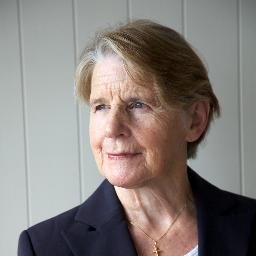
By the end of the year Northern Irish women will have the right to access free abortion services in England, and a central telephone booking system will be set up for women to arrange their abortion appointment. Furthermore, those on incomes of less than £15,276 or receiving income support will now also get their travel and accommodation paid. The plans were detailed by Justine Greening, the UK equalities minister, who had said in June that it was an injustice that women from Northern Ireland had to pay for abortions in England when their Anglo, Scottish and Welsh counterparts had them free via the NHS. The move was welcomed by Labour MP Stella Creasy who said women in Northern Ireland were being denied a basic human right and the new scheme was a step forward. “Today we also pledge to keep standing with them until they have equal access to abortion services in Northern Ireland itself,” she said. “Our sisters need to have their human rights to be upheld and we won’t give up until they have so.”
On Tuesday, the UK’s supreme court will hear a case to overturn the restrictions on abortions in Northern Ireland on the grounds that the laws breach human rights.



Health Minister Simon Harris has said the State will fund abortions in public hospitals if the Eighth amendment is repealed and a law introduced that treats abortion as a health service available on request. “I believe if the people make a decision about a health service, it should be available in the public service,” he said.
He also indicated that he also expects Catholic and other religious hospitals to routinely provide abortions should they become a legally available “health service” under any new law. He said he did not believe that religious ethos would see some hospitals opting out, and pointed to the experience of the operation of the Protection of Life During Pregnancy Act is that publicly funded facilities operate under the law of the land.

A Government oversight body has found that Marie Stopes abortion clinics in the UK paid its staff bonuses to pursue women who had cancelled their abortions in hopes of signing them up for a new appointment. According to the report by the Care Quality Commission, staff felt “encouraged” to ensure women went through with abortions because it was “linked to their performance bonus”. Inspectors found evidence of a policy – in place across all 70 Marie Stopes clinics in the country – whereby staff were told to call women who had decided not to have an abortion, and offer them a new appointment.
Staff at one centre told CQC inspectors the clinic was like a “cattle market” and described a “very target-driven culture”. Parents, partners or friends of women thinking about having an abortion were “seen as an inconvenience” and “their presence strongly discouraged”, the report said.
Reactions from politicians and campaigners were a mixture of shock and condemnation. Conservative MP Fiona Bruce said: “It is shocking to hear that, at what is often such a difficult and stressful moment, abortion clinics are taking advantage of pregnant women by seeking to do as many abortions as they can, rather than seeking to give genuine, non-directional counselling and advice. This completely undermines the legitimacy of these publicly funded organisations, and must be investigated.”
Clara Campbell, from the charity Life, said: “This exposes the true income-seeking nature of the abortion industry. A conveyer-belt culture has pervaded the industry for many years and Marie Stopes International is a good example of this.”

Mater Hospital Consultant Psychiatrist, Patricia Casey, has withdrawn as an expert witness from the Oireachtas Committee on abortion as she is unwilling to legitimise a sham process that she describes as “deeply imbalanced” and manipulated to arrive at a predetermined conclusion. Professor Casey is also a Patron of The Iona Institute.
She was due to present research evidence to the Committee showing that abortion does not protect women’s mental health, but she has now withdrawn. In a statement released to the press, Professor Casey said the process of the Committee has been so arranged as to reach a pre-set decision without a balanced consideration of any contrary evidence. She evidenced the overwhelming number of speakers on the pro-choice side and the paltry number of those with a pro-life or neutral perspective. She continued: “I believe the Committee is failing Ireland’s unique European position in providing protection for the rights of an unborn child and is failing in its duty to Ireland to fairly consider evidence that runs contrary to its fixed and inevitable conclusion that the Constitutional protections for the unborn child should be abandoned.
“I will not add any further credence to this deeply flawed process or to its inevitable and equally flawed conclusion that a referendum is required to repeal the 8th amendment without any meaningful Constitutional protection for the unborn child.”
Professor Casey said in her opinion the committee has adopted as its primary purpose a determination to repeal the 8th Amendment and to that end is intent on advocates of that position being favoured over independent experts. She suggested the Committee had “failed” in its stated purpose of conducting a balanced hearing and concluded: “The great tragedy is that this failure is designed to reduce the Constitutional protection of Irish unborn children. The public are being manipulated and in conscience, I cannot be used by it to legitimatise its pre-determined outcome.”

Dr Boylan told the committee that the Eighth Amendment has caused “grave harm to women, including death”, and added that Savita Halappanavar “died as a consequence of the Eighth Amendment”. This was disputed in the hearing itself by one of the members, Mattie McGrath, TD, who said there are “lots of differing opinions” about the cause of Ms. Halappanavar’s death.


The well-known social justice campaigner and Sister of Charity, Sister Stanislaus Kennedy, was awarded an honorary doctorate by Dublin City University yesterday. In her speech accepting the award, she paid tribute to the founder of the Sisters of Charity, Mary Aikenhead, whose example had taught her “a deep respect for the poor”. She told the conferring ceremony she was “an extraordinary woman who, 200 years ago, gave her life to the service of the poor and who pioneered new ways in health, education and home care”. Besides founding the Religious Congregation, the Sisters of Charity, she also set up many institutions for the care of the sick and vulnerable including St Vincent’s hospital. Sister Stan also paid tribute to the many other sisters and volunteers who helped her in her work on behalf of the homeless and immigrants over the years.

The former Master of the Maternity, Peter Boylan, hospital will speak at the Oireachtas Committee on abortion today where he will give his medical opinion that the availability of abortion pills over the internet makes the pro-life amendment to the Constitution an exercise in futility. The 1983 amendment recognises the equal right to life of the unborn and pledges the State to protect it “as far as practicable”. Prof Boylan will tell the committee that when the Eighth Amendment was enacted, “neither the world wide web nor the abortion pill had been invented.” However, the availability of abortion-inducing drugs online nowadays means that “the genie is out of the bottle.” He will also tell the committee that in the EU, 99 per cent of women have access to abortion up to 10 weeks of pregnancy. The remaining one per cent live in Ireland or Malta.
He will make the additional point that without the availability of abortion in the UK, there would be “an epidemic of illegal abortions and a massive increase in maternal mortality” in Ireland. He expressed no reservations about the UK law which results in almost 200,000 abortions annually in Britain.